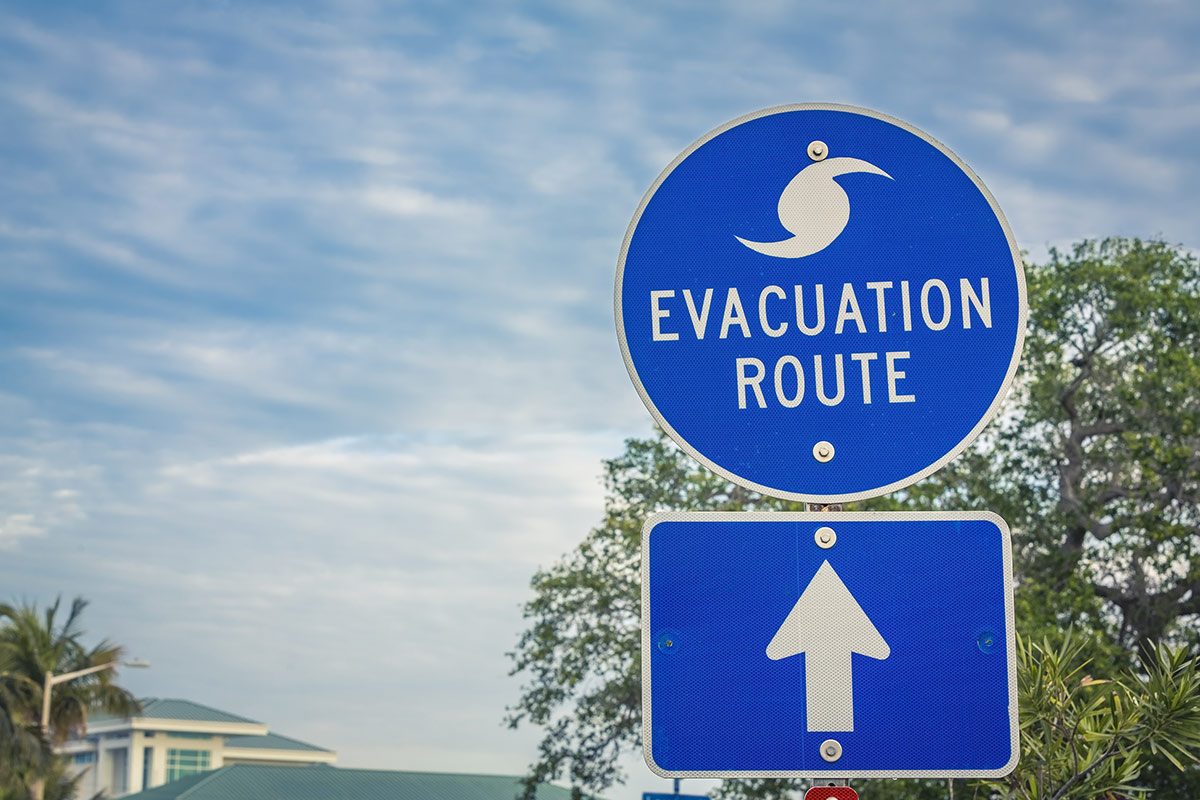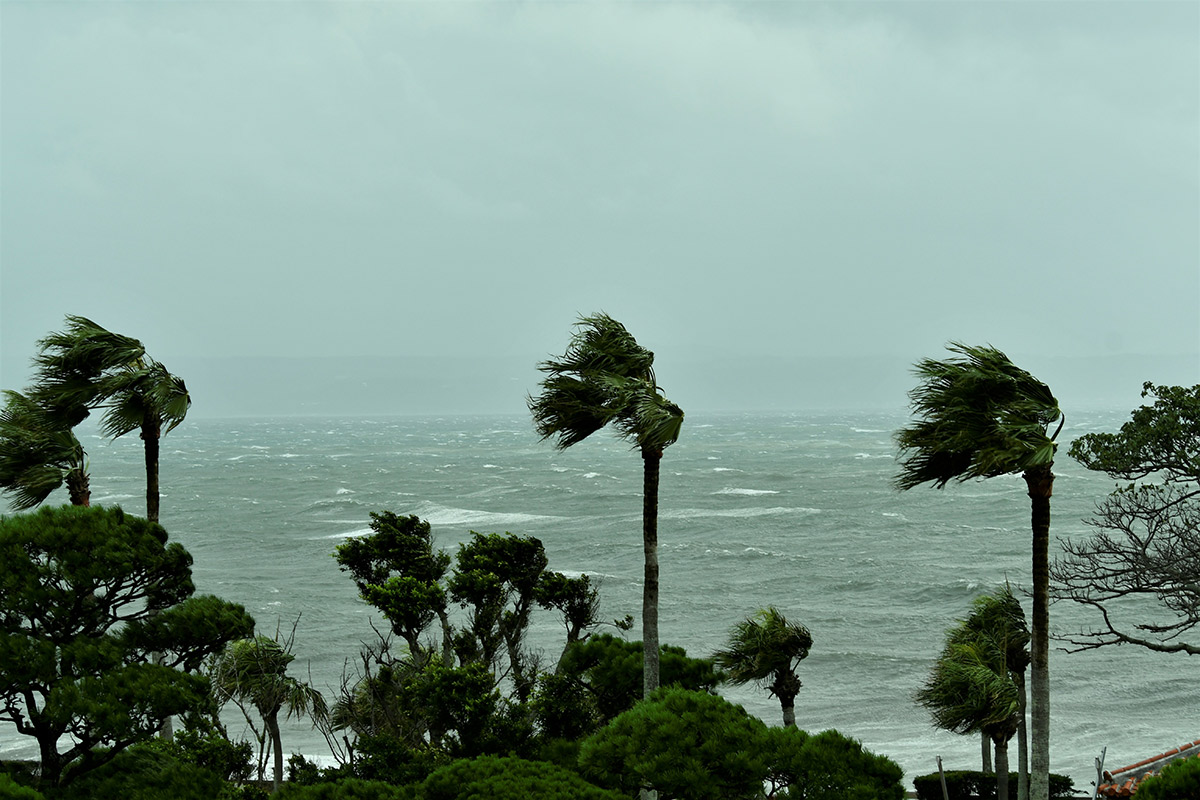The 2020 hurricane season was initially forecasted to be “an extremely active hurricane season” by numerous forecasting groups – and has since turned out to be an accurate estimation. This expected activity is compounded by the fact that we are in the midst of a global pandemic. The pandemic increases the complexity of planning for hurricanes, as social distancing is in direct conflict with human mobility and congregation.

In June 2020, Professor in the School of Geosciences at USF, Dr. Jennifer Collins and her team, which includes partnerships with the Tampa Bay Regional Planning Council and Emergency Operations Center, disseminated an online survey (in both English and Spanish) of 40 questions to Florida residents through regional planning councils, emergency management, and the media to examine intended hurricane evacuation plans in the age of COVID-19.
7,102 people, from over 50 counties, responded in just over two weeks. Collins and the team found that half of the respondents view themselves as vulnerable to COVID-19 due to their health status and 74.3% of individuals viewed the risk of being in a shelter during the COVID-19 pandemic as more dangerous than enduring hurricane hazards. Additionally, there was a significant number of individuals who would choose to not utilize a public shelter during the pandemic, when they would have previously.
As we have already seen with Hurricane Laura (8/27/20) making landfall as a Category 4, as the strongest hurricane to hit Louisiana in over a century, this was the first time in our history when a mass evacuation was warranted during a pandemic. As such, Hurricane Laura provided a unique and necessary opportunity to examine people’s actual evacuation behavior and risk perception.
Funded by a National Science Foundation grant, Dr. Collins, as well as Elizabeth Dunn of the USF College of Public Health, Amy Polen, a USF Graduate Student, Michelle Lackovic of the Louisiana Public Health Institute, and Dr. Mark Welford of the University of Northern Iowa will collaborate to understand public perceptions of the compounding risks of COVID-19 and hurricane-induced storm surge, as well as other hurricane aspects affecting evacuation decisions. The team plans to examine the extent to which people risk their lives by sheltering in place rather than evacuating.
The research questions addressed in this survey will include:
- How will COVID-19 (and its associated health vulnerabilities) affect people’s risk perceptions and evacuation decisions?
- Do people view public shelters as overtly risky and will instead choose to shelter in place despite a mandatory evacuation order due to concerns over COVID-19?
Prior research has not been conducted into an individual’s risk perception of natural hazards as they consider evacuating from a hurricane during a pandemic and the current threat of COVID-19 poses a unique threat with shelter management considerations. Officials also need to understand how evacuation plans change with COVID-19 encouraged social distancing, which is in direct conflict with the movement and congregation seen in hurricane evacuations.
This work has impact for Emergency Managers and other related professions, as the results will help planning for shelters and evacuations, and how to best communicate to the public.
The Florida study preliminary report is available here.
The Hurricane Laura and Hurricane Sally preliminary report is available here.
